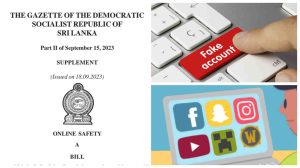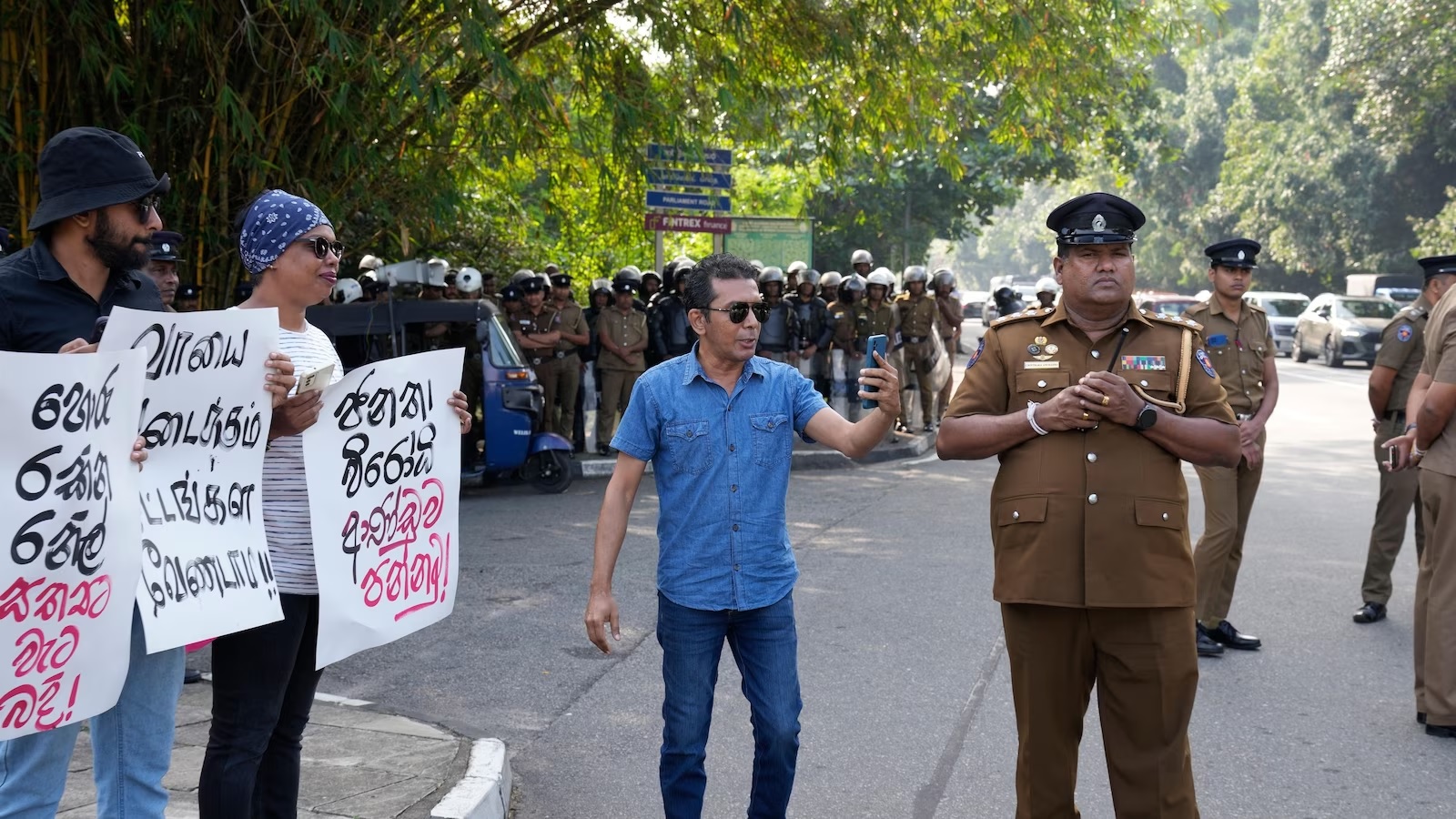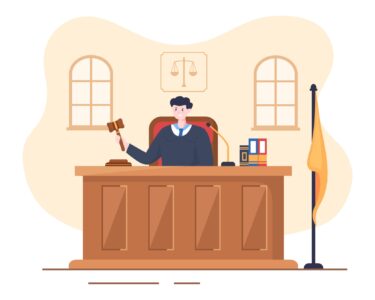The Online Safety Bill in Sri Lanka, recently passed into law, has raised concerns due to its controversial provisions. The passage of the Online Safety Bill in Sri Lanka has raised concerns due to its controversial and potentially alarming provisions. Despite widespread protests both domestically and internationally, the government proceeded with the bill.
The new law grants extensive powers to the government to address the publication of “prohibited” or “false” statements online. The establishment of an Online Safety Commission with the authority to issue directives to individuals, service providers, and internet intermediaries is a central feature. The Commission, comprising five members appointed by the President, holds the power to issue codes of practice for service providers and internet intermediaries, specifying security practices and rules for social media platforms and end users in Sri Lanka.

Here are some objective facts about the key aspects of the law:
- Establishment of Online Safety Commission:
- The law establishes an Online Safety Commission, consisting of five members appointed by the President.
- The Commission is granted sweeping powers to deal with individuals responsible for publishing “prohibited” or “false” statements online.
- Powers of the Online Safety Commission:
- The Commission can issue directives to individuals, service providers, and internet intermediaries.
- It has the authority to issue codes of practice for service providers and internet intermediaries, specifying security practices to be followed by them.
- Handling of Complaints:
- Individuals aggrieved by prohibited or false statements can file complaints with the Commission.
- The Commission is responsible for investigating these complaints.
- Offenses and Penalties:
- False statements that may incite mutiny or create fear or alarm among the public are considered offences.
- Individuals responsible for communicating false statements with the deliberate and malicious intention of outraging religious feelings can be penalized.
- Penalties include imprisonment and fines, though specific fine amounts are not specified.
- Regulation of Bots:
- The law addresses the creation or alteration of bots with the intention of communication as an offence.
- A “bot” is defined as a computer program made or altered to run automated tasks.
- Role of Magistrate Court:
- The law empowers a Magistrate to issue warrants for obtaining information from service providers during investigations.
- Individuals affected by the communication of prohibited statements can apply to the Magistrate Court for an order to prevent the circulation of such information.
- Impact on Privacy:
- The law defines private information, including any image, audio, or video details, that a person may reasonably expect to remain private.
- It outlines scenarios where the communication of private information can be deemed offenses, with corresponding penalties.
- Preventive Measures:
- The Commission can issue notices to disable access to online locations containing prohibited statements.
- It can make recommendations to service providers, internet intermediaries, and internet access service providers to enlighten the public on the falsity of any statement.







